What's happening in Kensington: Week of Jan. 19, 2026
MLK Day cleanup, Lost Time comedy show and more.
The new Hug the Block data speaks to something called “routine activity theory,” which is the idea that crime occurs when there are motivated offenders, “suitable” targets, and the absence of “capable guardians” who can either witness the crimes or intervene.

Philadelphia gun violence prevention activists are pushing neighborhood watch as a way to prevent shootings in Kensington and other places where violent crime is common.
Operation Hug the Block patrolled Philly streets for 77 nights this fall – 36 in the 24th and 25th police districts.
Before each patrol, volunteers would arrive, set up a resource table, discuss the route, and then walk for 30 minutes at the top of each hour. Patrols began at 10 p.m. and finished between 2 a.m. and 4 a.m. each night.
Mazzie Casher, one of Operation Hug the Block’s lead organizers, said the goal was to help Kensington residents take a stand against crime.
“Not too far off of Kensington Avenue, there are still many nice, quaint little blocks where you get the sense that homeowners are taking pride in their community and keeping their little domain in as much order as possible,” Casher said.
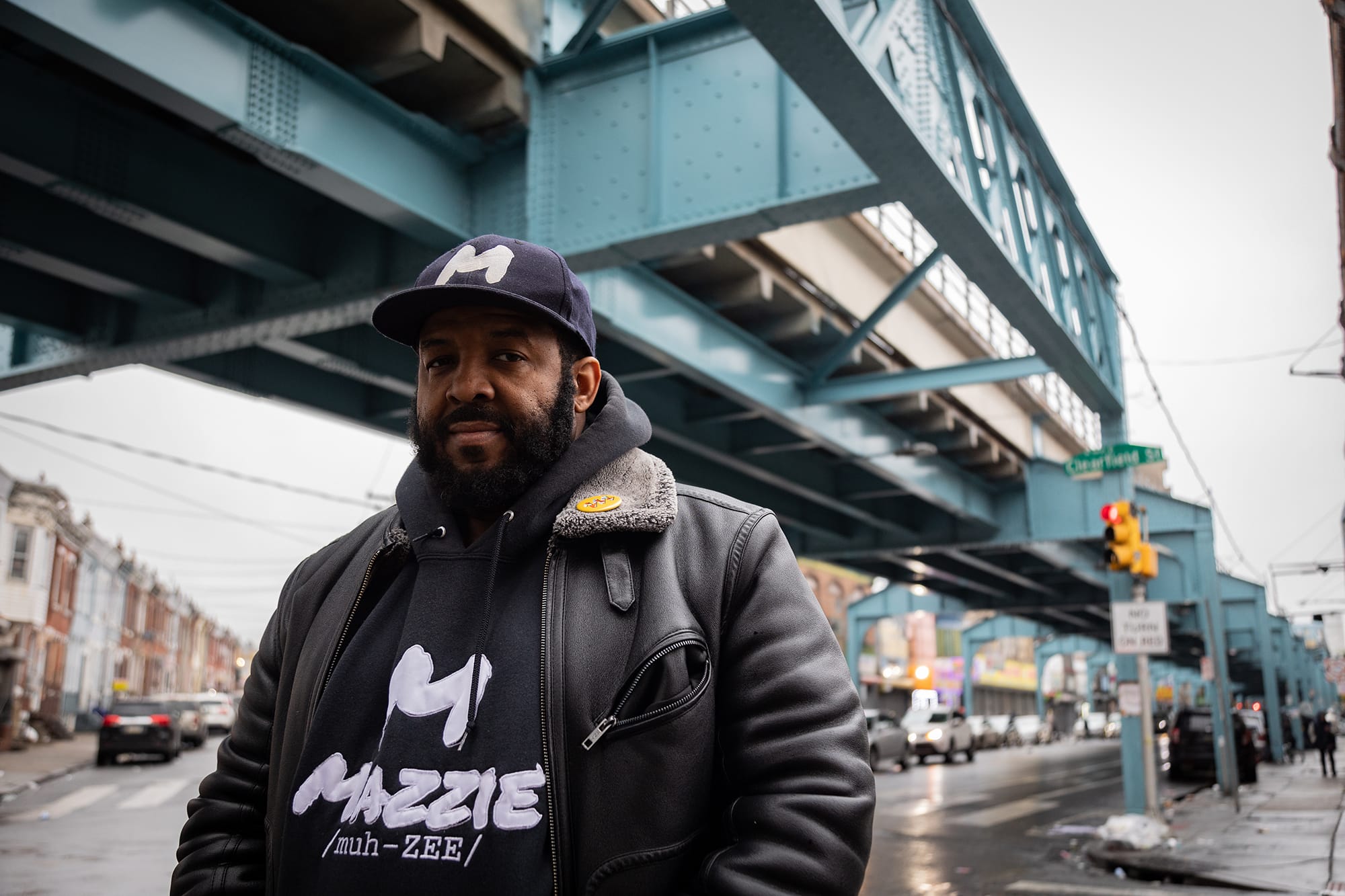
Organizers have since released an analysis of Philadelphia Police Department data comparing August through November 2023 – the duration of the campaign – to the same period last year.
It showed:
There’s no way to prove that Operation Hug the Block directly contributed to the drop, said Maya Stallings, an adjunct professor of civic engagement at Drexel University who worked with the data. But she hopes to look at the numbers again in future years to see if the trend holds.
Stallings did analyze shooting data for the month after Operation Hug the Block ended. There were a total of three shootings that occurred between 10 p.m. and 4 a.m., a 67% increase from when the patrols were in place.
“There’s a power in community presence that I feel like isn’t utilized in Philadelphia as often as it should be,” Stallings said. “This is just the start of something.”
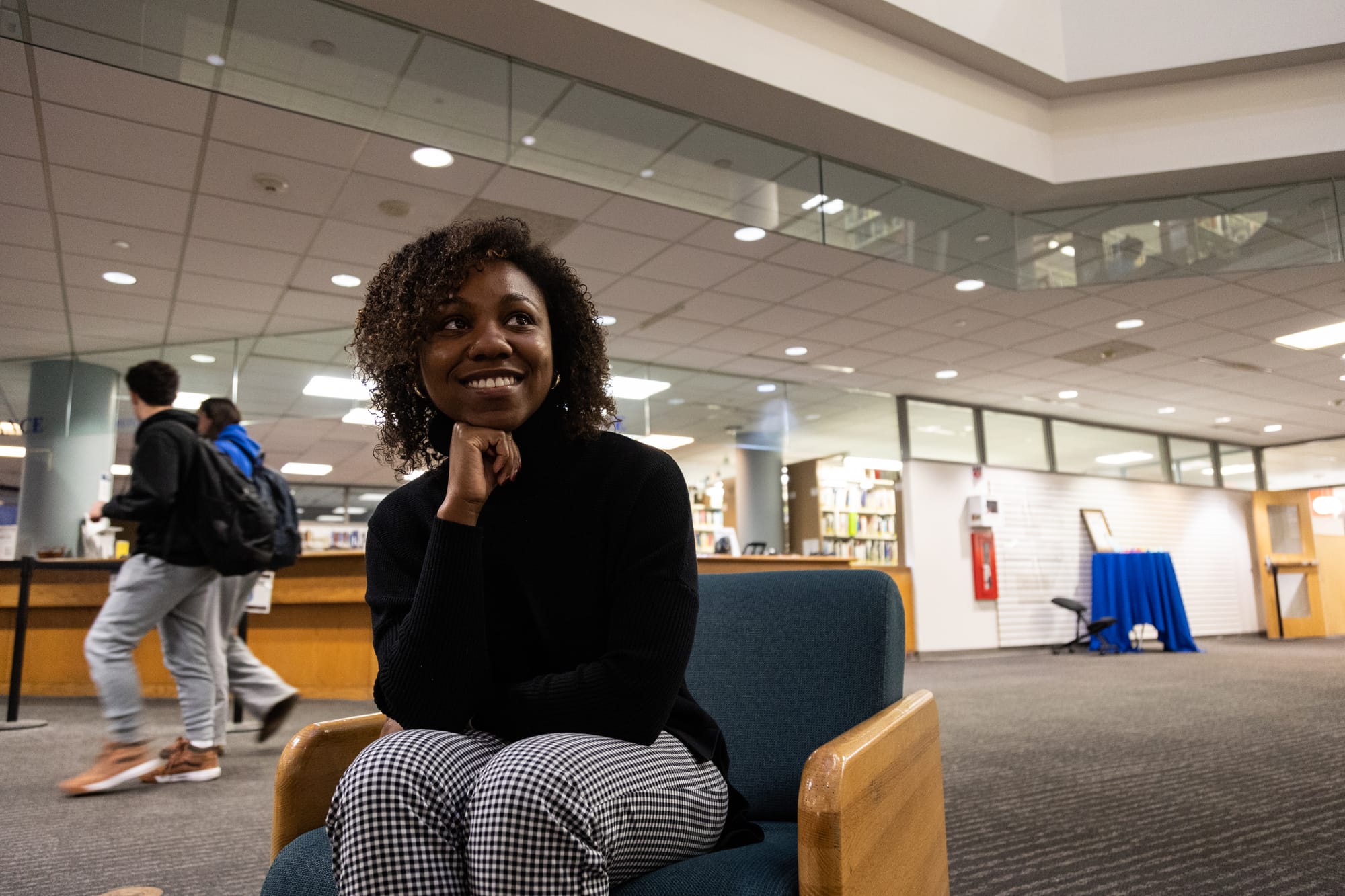
Since late 2022 there has been a steady decrease in shootings citywide. Homicides are down 27% since this time last year, according to the latest data from the Office of the Controller. City leaders attribute the drop to everything from the transition out of COVID-19 lockdown to increased police presence in high-violence neighborhoods and funding for community organizations.
Because gun violence has long been considered a crime problem and not a public health problem, there’s limited research on which solutions slow shootings, according to Temple University criminal justice professor Caterina Roman. And in Philadelphia, with multiple city-run programs and nonprofit efforts working in the same neighborhoods, it’s difficult to tell which interventions affected which types of crime.
“If you put three more Cure Violence workers on the street at the same time as you did this neighborhood watch … if the researcher isn’t looking at that, you can never conclude that the intervention did what it did,” Roman said.
Instead, a researcher would need to conduct a survey of the existing crime prevention resources in an area and speak with neighbors about what programs they’re accessing – a task Roman said would cost “hundreds of thousands” of dollars.
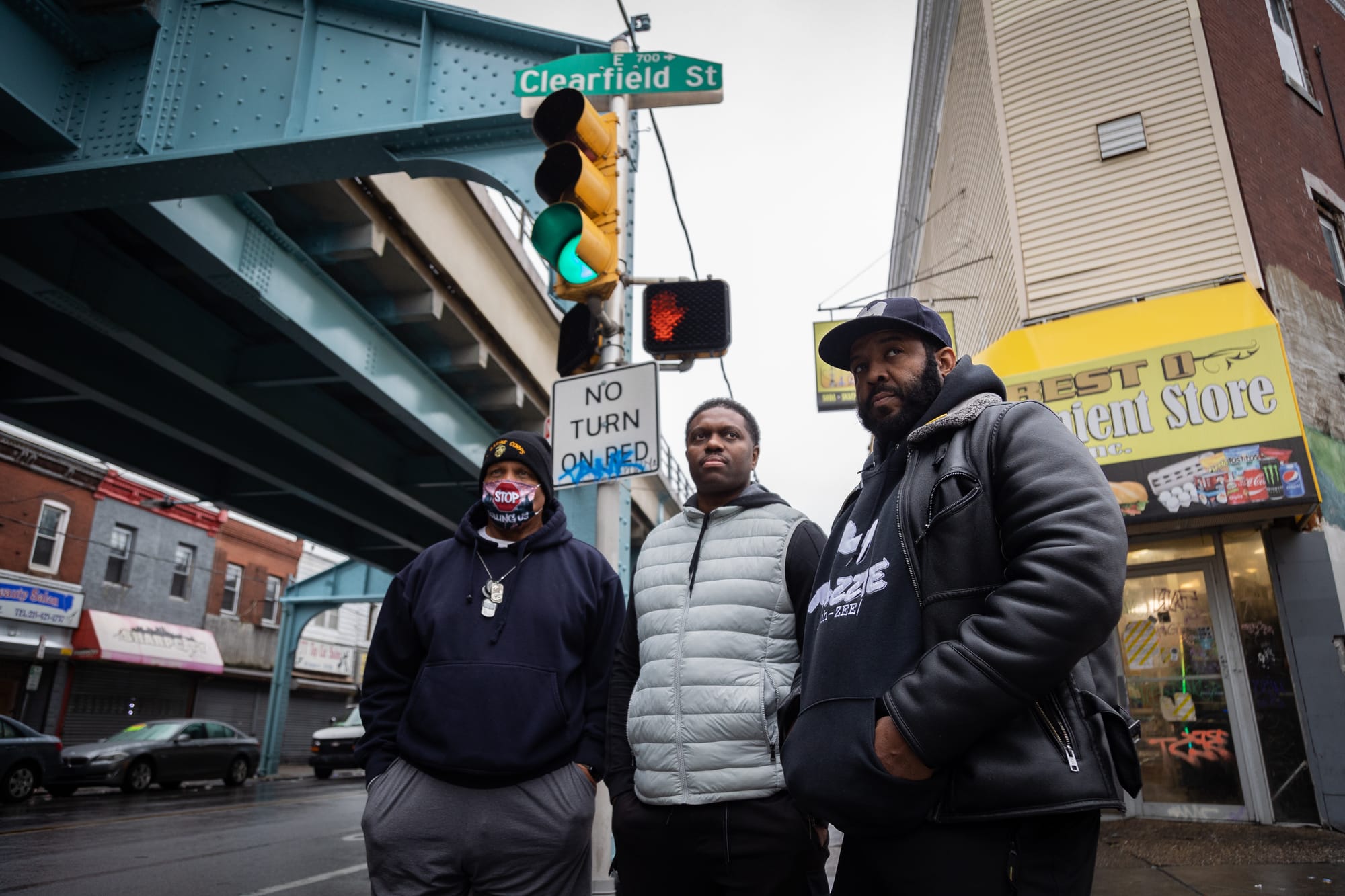
Operation Hug the Block was a joint effort between violence prevention groups Philly Truce and Stop Killing Us. Philly Truce strives to mediate conflicts on the streets before they become fatal, and Stop Killing Us focuses on public protests against gun violence.
Philly Truce is a member of the 57+ Blocks Coalition, which formed in 2022 to advocate for more resources in the 57 blocks where 10 or more people were shot between 2015 and 2021, according to a Philadelphia Inquirer analysis.
Since then, the coalition has partnered with the District Attorney's Transparency Analytics Lab to update that list.
Here are the blocks that Operation Hug the Block patrolled:
Oren Gur, the director of research and the District Attorney’s Transparency Analytics (DATA) Lab, says the new Hug the Block data speaks to something called “routine activity theory,” which is the idea that crime occurs when there are motivated offenders, “suitable” targets, and the absence of “capable guardians” who can either witness the crimes or intervene.
Capable guardians can be anyone, ranging from ordinary people, like neighbors, or public safety officers. According to Gur, the theory explains why having volunteers on the streets makes communities safer.
“There are people around who can observe a would-be victim, and because they’re around that doesn’t happen,” Gur said.
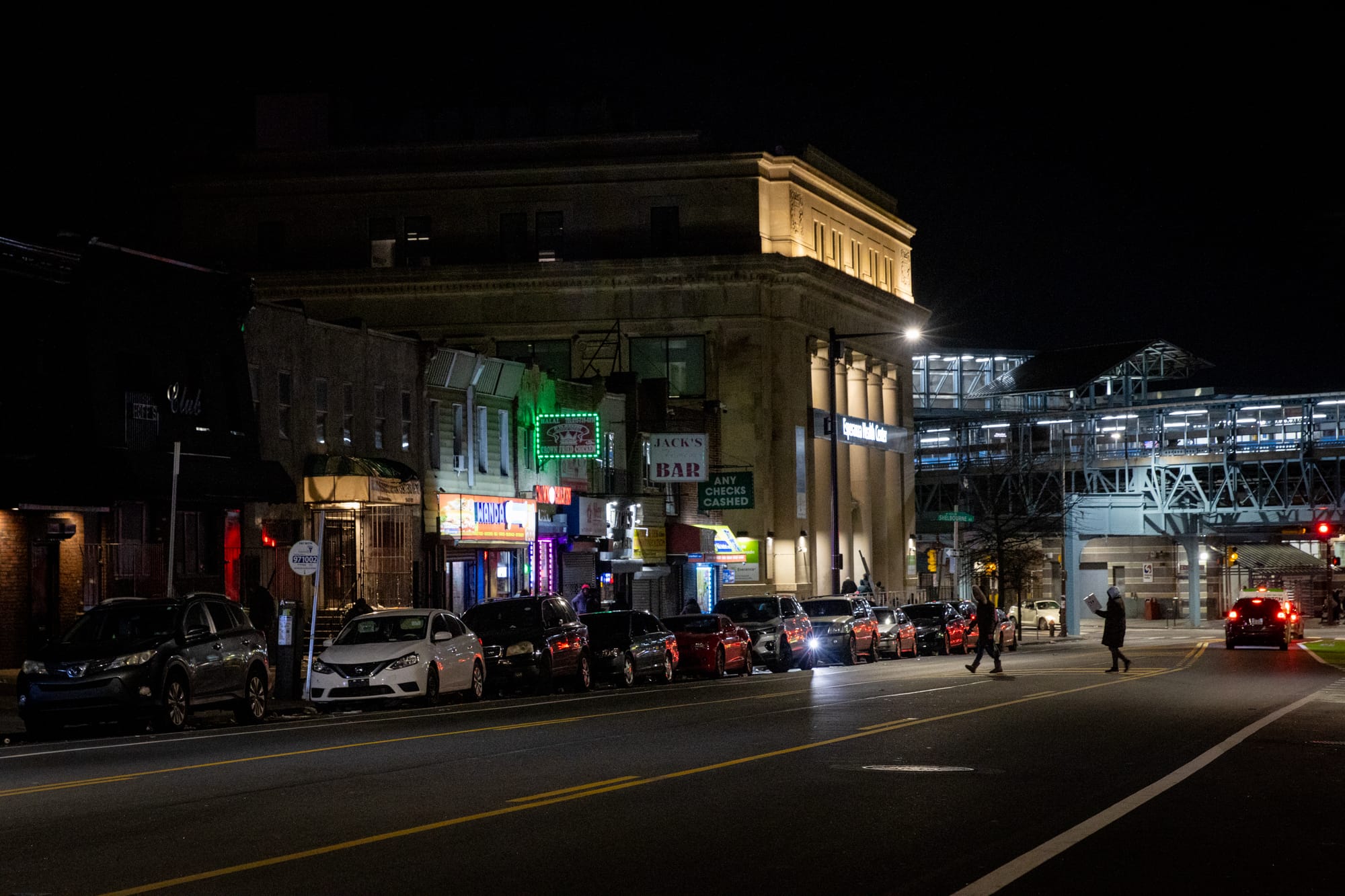
Robust studies on gun violence solutions are few and far between, and those that do exist may not apply to what’s happening in Philly.
Roman says there’s more evidence to suggest street patrol prevents property theft than violent crime. She also said the makeup of the patrol group and how it conducts itself can determine how effective it is.
For example, block captains hosting a block party or a group of residents advocating for improvements will likely make the biggest dent. A resident without strong community ties walking around with a few friends won’t have the same effect, Roman said.
She said people can “co-produce safety” if certain conditions are met.
“If you have people caring about their neighborhood and banding together for positive nature … if residents are coming out of the woodwork to do this, if the people living there are knowledgeable about it,” said Roman.
And neighborhood watch or street patrol groups that grow from a place of fear or distrust toward a certain group of people in an area can be harmful, Roman said.
“Fear is not fully understanding the crime trends and the details and nuances of what’s happening,” Roman said. “As soon as you’re fearful, people tend to make very brash reactions that can be detrimental to the health of the community.”
Philly Truce spoke with residents, nonprofit and faith groups in the areas where Hug the Block patrolled to try to get community buy-in, Casher said. They also participated in
Philadelphia’s longstanding Town Watch Integrated Services program provides safety training to residents who wish to form their own street patrols.
Meanwhile, some nonprofit groups, such as Taylor MADE Opportunities and Frontline Dads in North Philadelphia, run their own neighborhood watch programs.
“Community doesn’t have the luxury of waiting for the politicians and the government to figure it out,” Gur said. “If [Hug the Block] were able to do this and go out into the community and be available, that would have a huge impact and be a piece of the puzzle and address what I think is a shortcoming of local government.”
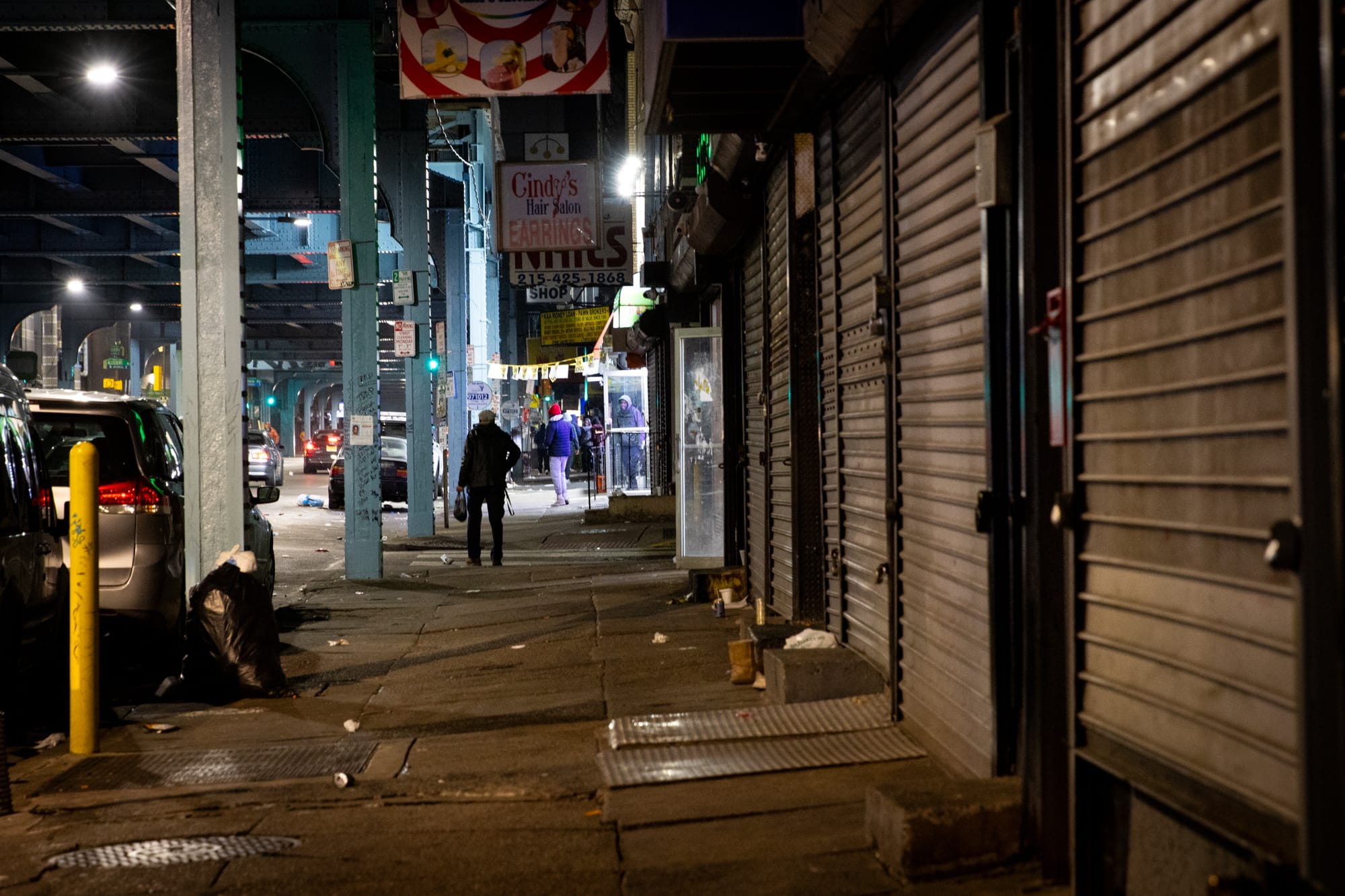
An Operation Hug the Block patrol night begins with setting up home base just before 10 p.m., according to Casher. Organizers then discuss the perimeter, and head out at the top of every hour.
At 10 p.m. and 11 p.m., volunteers use megaphones to announce their presence and call on people to join the patrol. During the overnight shift, they quietly leave literature on peoples’ vehicles.
Casher said his nightly headcount, which he logged in his phone, totaled 680 attendees across the 77 nights, though many people patrolled multiple times. He estimates an average of nine people attended each patrol.
Casher says volunteers came from organizations including We Embrace Fatherhood, EMIR Healing Center, and Philly Network of Neighbors, as well as churches.
Officers from the Philadelphia Police Department joined the volunteers for some of the 36 nights they were in Kensington, according to a department spokesperson. Officers did not make any arrests or formal stops during that period.
During one September patrol near A Street and Indiana Avenue – a hotspot for drug sales in the neighborhood –, someone threatened the patrol group with violence to try to get them to leave the area, according to Casher. The group remained with their police escort during the incident. Afterwards, multiple city council members, including Mark Squilla, Quetcy Lozada and Mike Driscoll, who in January will each serve a portion of the Kensington and Allegheny Avenue intersection, issued a statement denouncing the threat.
However, the verbal threat was an outlier and most responses were positive, said Operation Hug the Block volunteer Marc Anthony Postell.
“Being applauded, being shouted out in a good way,” Postell said. “A couple people popped out of their homes and went on the walk with us. It just was nothing but encouragement and support. Every now and then there was one straggler who had an issue and was belligerent.”
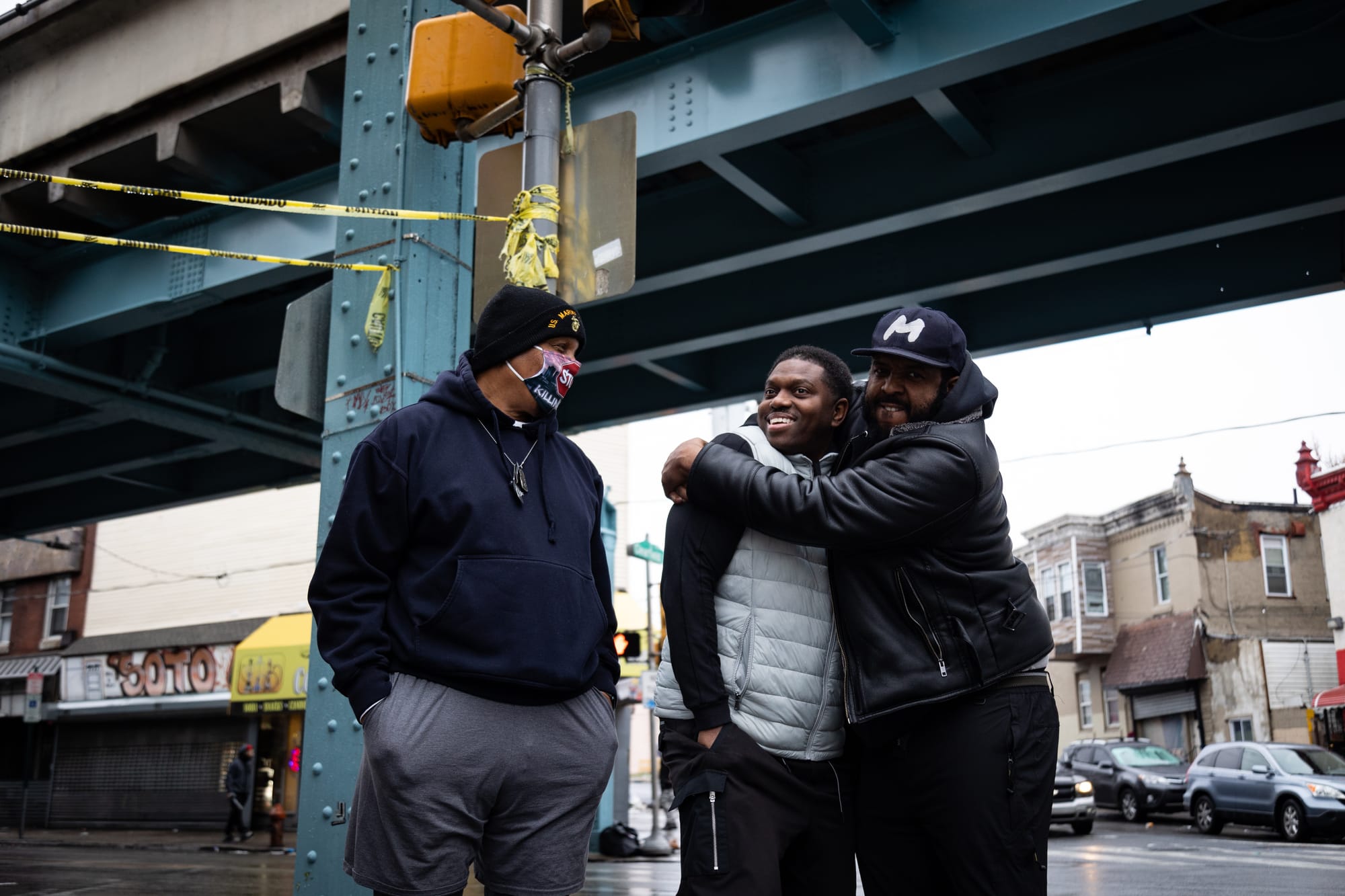
Some Kensington residents took issue with the police presence at first but came around after having a conversation with the group, said Casher.
“Some people were like, ‘What the fuck? Like, what is this cop?’ – it totally kinda messes everybody’s heads up,” Casher said. “We learned that there is a real need for this, and it's a pretty interesting way to go about mending the relationship between the police and the community.”
Incoming Philadelphia mayor Cherelle Parker leaned on tough-on-crime messaging during her campaign, and suggested putting more officers on the ground. She also supports “community policing,” a model that emphasizes police on foot and bike patrol providing connections to resources rather than only enforcing the law.
Studies on community policing show it has only a weak association with reducing crime but can improve citizen satisfaction with the police, according to a research review from George Mason University’s Center for Evidence-Based Crime Policy.
“The cops should care about the communities,” said Postell. “Joining the patrols in a real way instead of in a disciplinary role, to get a better feel for the community.”
Casher says he’s been talking with city council members and state representatives about funding Operation Hug the Block in the future. He also believes if the city paid people to patrol the streets, with some support from police officers, it could improve the relationship between residents and law enforcement and reduce crime.
“That will go a long way in moving the narrative forward about ‘can the police be trusted’ or ‘are the police really here to serve you?’,” he said. “There's a lot that can happen in this model. And you can get two or three guys for the price of one cop.”
To learn about future Operation Hug the Block patrols, email Mazzie Casher, the executive director of Philly Truce, at mazzie@Phillytruce.com.
To learn more about the City of Philadelphia's town watch training, email anthony.murphy@phila.gov.
Editor’s note: This story has been updated to remove a reference to a community watch member killing Trayvon Martin in 2012. Kensington Voice is choosing not to draw ties between vigilantism and community-based patrol efforts.
Have any questions, comments, or concerns about this story? Send an email to editors@kensingtonvoice.com.
Free accountability journalism, community news, & local resources delivered weekly to your inbox.